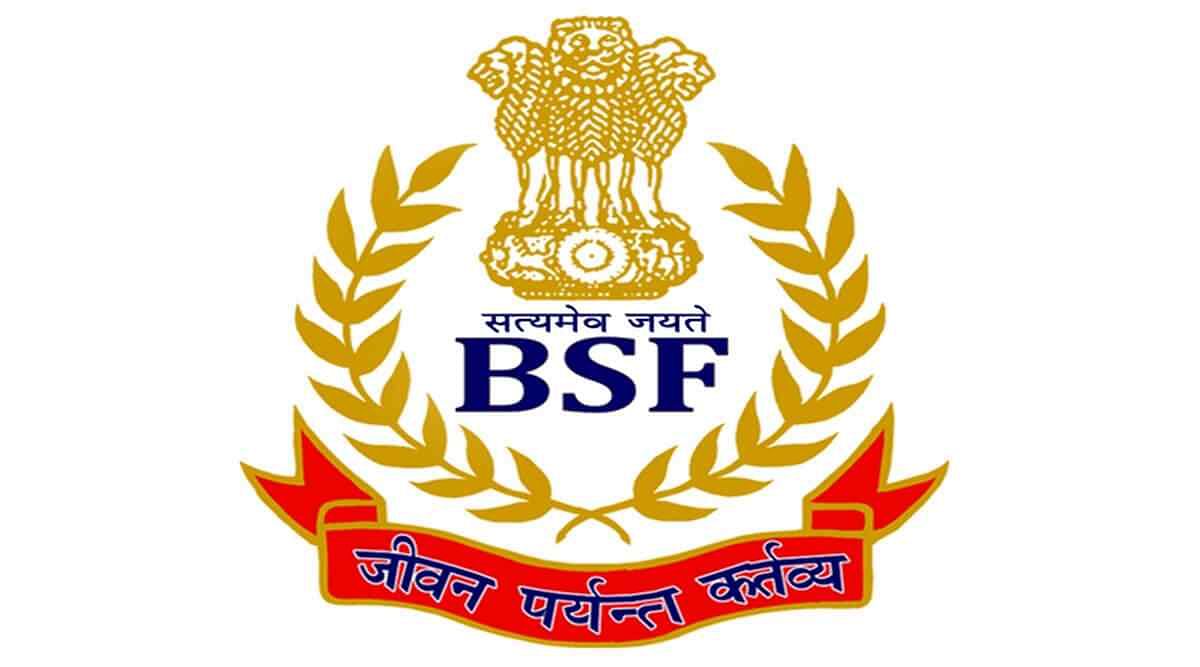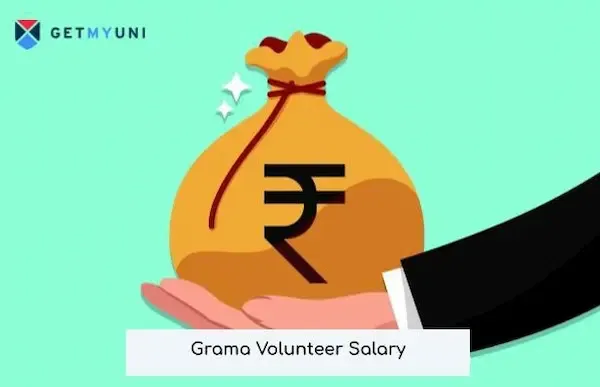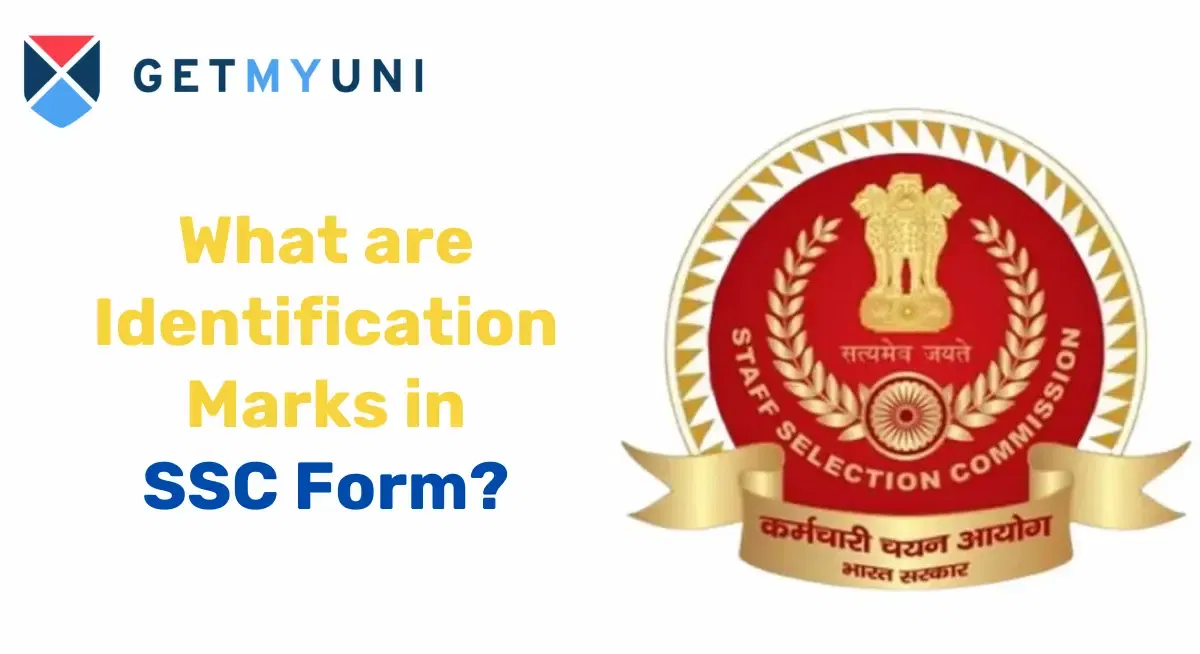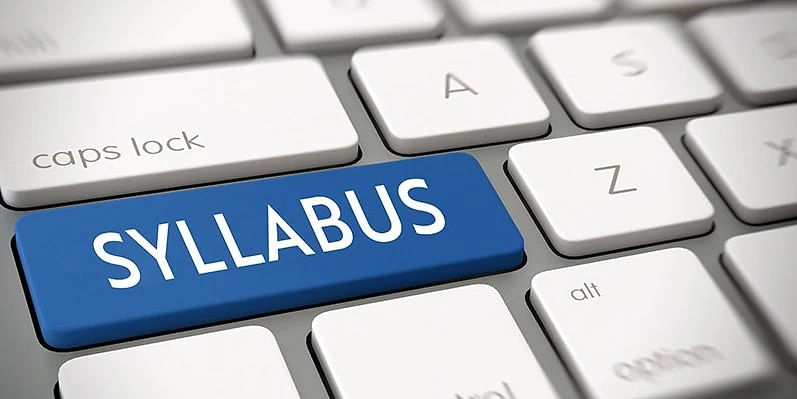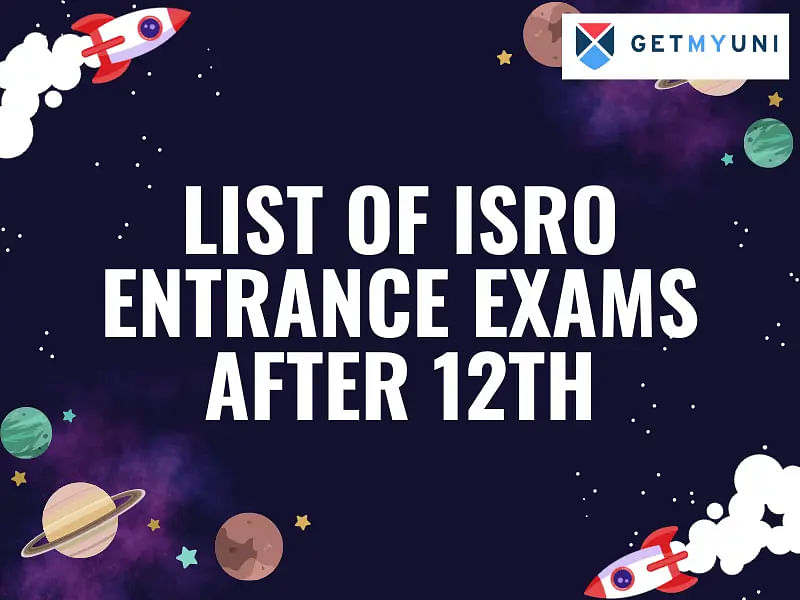Explore crucial SSB interview questions for CDS, NDA, AFCAT, Navy Technical Entry, and Technical Graduate Entry. Prepare for officer cadre selection in the Indian Armed Forces through this guide.
The SSB interview process is conducted in various defence examinations for the selection of officer cadres. SSB recruitment 2025 interview questions play an important role for aspirants who have successfully cleared the written exam, making it a crucial factor in becoming a commissioned officer in the Indian Armed Forces.
UPSC CDS, UPSC NDA, AFCAT 2025, Indian Navy Technical Entry, and Technical Graduate Entry are the exams through which the various Indian armed forces recruit officers. After the completion of these exams, as part of the evaluation process, candidates will be required to face a series of SSB interview questions, which may be conducted by the President, Vice-President, or an interviewing officer representing the SSB Board.
Important SSB Interview Questions With Sample Answers
The interview of the SSB panel consists of officers from the Indian Armed Forces, including various task officers, and psychologists. We have provided the aspiring officers with the most Important SSB Interview questions to help them prepare for the SSB Interview process.
When candidates appear in the SSB interview process, they are presented with a series of academic, personal, and behavioural questions, which serve as a tool for interviewers to evaluate their suitability for the role.
Below, we have shared several sample interview questions and responses which are asked to evaluate the performance of candidates.
Interview Question 1:
Interviewer: Tell me of some of your strengths.
This question is asked by the Interviewer to check the personality and abilities of the candidate. The interviewer wants to check what are the strengths candidates possess. Candidates should reply to this question with complete clarity.
Sample Answer: “I'm good at working with others, and I believe in the strength of teamwork, which helps me be a great team leader. I'm also good at solving tricky problems, especially in challenging situations.”
Interview Question 2:
Interviewer: Can you share examples of challenging situations you've successfully handled?
The interviewer includes this in SSB Interview questions to check your problem-solving skills, your ability to handle difficult situations, and your capacity to overcome challenges.
Sample Answer: In one challenging situation during a field exercise, my team and I encountered adverse weather conditions and a critical equipment failure. We were in a remote area, far from our base, and our communication devices were malfunctioning. I took charge and led the team to improvise shelter, maintain morale, and come up with a plan for repairing the equipment.
Also Read: SSB Interview Process - 5 Days Process Explained
Interview Question 3:
Interviewer: What is the daily routine you follow?
Interviewers ask this question to check the candidates' time-management skills. Candidates should respond professionally and draw from their personal life experiences to demonstrate their proficiency.
Sample Answer: Candidate can start their answer with the timing of the morning when they wake up. "I wake up early in the morning, meditate, go for a run, and do some exercises. Then I plan my day and start working. I read a book before going to bed by 11 PM."
Interview Question 4:
Interviewer: Why do you want to join the Indian Armed Forces?
This question helps the interviewers understand if the candidate is fit for the Indian armed forces by checking why if candidate wants to join the forces.
Sample Answer: Being a part of the Indian armed forces will allow me to grow personally and become a better version of myself. Another reason to join the armed forces is that it will provide me an opportunity to live a life full of challenges, which can make me a better leader.
Also Read: Self Introduction for Students: Examples, Tips, Things to Avoid
Interview Question 5:
Interviewer: Describe a situation where you had to adapt to unexpected changes?
Sample Answer: "In a group project, our initial plan faced unexpected hurdles. I quickly adapted by reassessing the situation, reorganizing tasks, and maintaining open communication within the team to successfully navigate the changes."
Interview Question 6:
Interviewer: How do you handle stress and pressure?
Sample Answer: "I thrive under pressure by staying focused and organized. During a high-stakes project deadline, I prioritize tasks, delegate responsibilities, and maintain a calm demeanor to ensure optimal team performance."
Also Read: AFCAT Interview Process: Best Books, Instructions
Interview Question 7:
Interviewer: Share an instance where you displayed leadership qualities.
Sample Answer: "In a volunteer program, I took the lead in organizing an event. I delegated tasks, motivated team members, and ensured everyone's contributions were valued. The event's success reflected the effectiveness of my leadership."
Interview Question 8:
Interviewer: Discuss a time when you had to collaborate with individuals from diverse backgrounds.
Sample Answer: "As part of a multicultural team, I promoted open communication and actively sought different perspectives. Embracing diversity enhanced our problem-solving capabilities and fostered a collaborative environment."
Interview Question 9:
Interviewer: How do you stay updated with current affairs and world events?
Sample Answer: "I regularly read newspapers, follow reputable news websites, and subscribe to relevant journals. Staying informed is crucial for an officer, and I make it a point to stay abreast of global developments."
Interview Question 10:
Interviewer: What are your short-term and long-term career goals?
Sample Answer: "In the short term, I aim to excel in my assigned responsibilities and contribute to team success. Long term, I aspire to take on leadership roles, continually enhancing my skills to serve the armed forces with distinction."
Also Read: How to Start a Group Discussion? Steps, Tips
Interview Question 11:
Interviewer: How do you handle criticism?
Sample Answer: "I view criticism as an opportunity for growth. I actively seek constructive feedback, analyze it objectively, and use it to refine my skills. Adapting based on feedback is crucial for personal and professional development."
Interview Question 12:
Interviewer: Describe a time when you had to make a difficult decision.
Sample Answer: "In a crisis, I had to make a tough decision that impacted the team. I carefully assessed the situation, considered all options, and chose the course of action that prioritized the well-being of the team and achieved the mission's objectives."
Interview Question 13:
Interviewer: How do you handle ethical dilemmas?
Sample Answer: "I adhere to a strong code of ethics. When faced with a dilemma, I weigh the consequences, consult with mentors or colleagues, and choose the morally sound path. Upholding ethical standards is non-negotiable for me."
Interview Question 14:
Interviewer: What role do teamwork and camaraderie play in achieving success?
Sample Answer: "Teamwork is the cornerstone of success. Building strong relationships, fostering open communication, and valuing each team member's contribution create a cohesive unit that can overcome challenges and achieve collective goals."
Also Read: Top 10 Do's and Don'ts of Group Discussion
Interview Question 15:
Interviewer: How do you stay physically fit and mentally sharp?
Sample Answer: "I maintain a disciplined fitness routine, combining regular workouts with activities like running and yoga. Additionally, I engage in intellectually stimulating activities, such as reading and problem-solving, to stay mentally sharp."
Interview Question 16:
Interviewer: Share an example of when you had to motivate others during a challenging situation.
Sample Answer: "During a demanding project, I motivated the team by emphasizing our shared goals, acknowledging individual efforts, and instilling confidence in our collective abilities. This approach boosted morale and contributed to project success."
Also Read: NDA Selection Process: Know the 3 Stages
Interview Question 17:
Interviewer: How do you contribute to maintaining a positive and cohesive team culture?
Sample Answer: "I actively promote a positive team culture by fostering open communication, recognizing achievements, and addressing conflicts proactively. I believe a supportive team environment is essential for overall success."
Tips To Prepare For Indian Armed Forces SSB Interview Questions
A candidate needs to remember that the SSB interview evaluates not only your knowledge and skills but also your character, attitude, and potential to lead and serve in the Indian Armed Forces. With the right approach, you can increase your chances of success in the SSB interview and fulfil your dream of serving in the Indian military. Below are some tips to prepare for Indian Armed Forces SSB Interview Questions:
- Self-Reflection and Self-Awareness: Before starting your preparation, it's essential to understand your strengths, weaknesses, and areas that need improvement.
- Maintain Physical Fitness: Physical fitness is a fundamental aspect of military service. Regular exercise, a healthy lifestyle, and a balanced diet are crucial.
- Improve Communication Skills: Clear and effective communication is a key attribute of military officers. Enhance your spoken and written communication skills. Reading books, participating in debates, and practising public speaking can be beneficial.
- Stay Updated with Recent Current Affairs: Keep up to date with current national and international events. Read newspapers, watch the news, and follow relevant magazines to stay informed.
- Enhance Your Knowledge of History and Geography: Improve your knowledge of India's history and geography, especially its border regions. Understanding the geopolitical context can be advantageous during interviews.
- Familiarize Yourself with Military Knowledge: Get acquainted with the structure and functioning of the Indian Armed Forces. Understand the different branches – Army, Navy, and Air Force – their roles, and their key operations.




